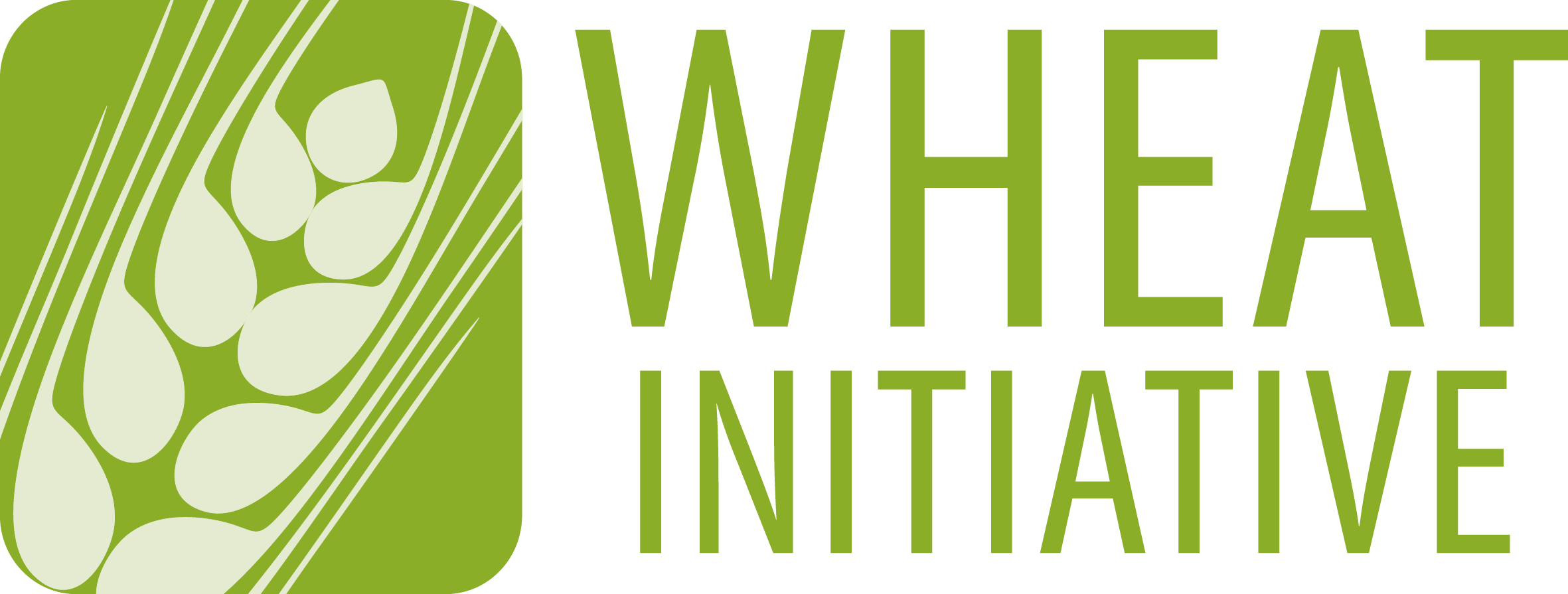INTERNATIONAL WHEAT CONGRESS 2019
“The 1st International Wheat Congress was held in Saskatoon just over a year ago, and by all standards, was a tremendous success. The Congress joined for the first-time parallel meetings of the International Wheat Conferences and the International Wheat Genetics Symposia, with 800 delegates, 30 guests and 40 volunteers attending to network and share cutting edge research.
Going forward, I am confident the Congress will continue its mandate to bring together the wheat community, engage early-career scientist, and promote people diversity all with the collective vision to stimulate knowledge-based solutions to global wheat improvement.”
The International Wheat Congress (IWC) was the first meeting of its kind. The much-anticipated event was hosted by the University of Saskatchewan from July 21 to 26. Saskatoon is the region’s cultural and economic hub, located at the heart of wheat production in Canada. The Congress resulted from the merger of the previous international Wheat Genetics Symposium and the International Wheat Conference to form a new biennial congress and attracted over 900 participants.
The 1st IWC included a balanced programme which encompassed six areas of wheat research. These areas were:
Wheat Diversity, Evolution, and Genetic Resources
Structural and Functional Genomics of Wheat and Wheat Relatives
Wheat Improvement: Breeding, Physiology, and Enabling Technologies
Wheat Production Systems: Environment, Sustainability, and Management
Protecting Yield: Resistance to Biotic and Abiotic Stresses
Wheat Uses: Functionality, Nutrition, Safety and Human Health
The programme consisted of joint plenary sessions and concurrent sessions, with over 100 invited speakers presenting. All plenary sessions were streamed live on the web and social media platforms. Two poster sessions, field trips, cultural activities, and social events for networking were also included. Some of the Wheat Initiative's Expert Working Groups (EWGs) held several internal and public satellite meetings at the IWC 2019, which resulted in lively dialogue regarding wheat research for the remainder of 2019.
A top priority of the IWC was to promote participation from all wheat growing areas of the world. A portion of each registration fee was used to sponsor scientists from developing nations by reimbursing the scientists for registration and travel costs.
Young scientists and students were encouraged to present their research as either an oral presentation or poster. Several student awards were presented at the closing ceremony, where the Wheat Initiative awarded 15 poster prizes to students from around the world. KWS also provided an award for the best student presentation. You can read more about the exciting work being conducted by the Awardees on the IWC section of our website (www.wheatinitiative.org).


